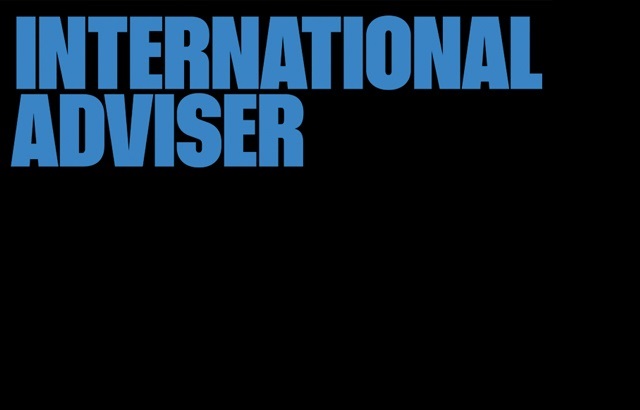FCA demands ‘all-in’ charge in active management crackdown
The FCA has criticised the “weak price competition” among asset managers, attacking actively managed funds for failing to outperform their benchmark once fees have been taken into account.

The FCA has criticised the “weak price competition” among asset managers, attacking actively managed funds for failing to outperform their benchmark once fees have been taken into account.

As the market reacts to the UK’s shock decision to leave the EU, active managers are underperforming their passive peers when it comes to UK equities.

Lyxor Asset Management has found that close to half of European domiciled active funds outperformed their benchmarks last year, a big increase on 2014.

The active management industry will have to shrink substantially, Moody’s Investor Services argues in a new report on the growth of passive investments.

Over the trailing three years, more passive China equity funds than actively-managed ones had returns of 20% or more, according to FE data.

European equities have been the best-selling asset class with European investors in recent history. However, this hasn’t benefited those funds that invest exclusively in equities listed in one particular European country.

US equity funds have a hard time in beating their peers on a sustained basis. Only 4.28% of 678 US equity funds analysed by S&P managed to consistently finish in the top-quartile during three consecutive one-year periods from September 2012 to September 2015. So no wonder investors prefer the passive option.

The departure of Mark Harries from Aberdeen has brought the spotlight back on the world of multi-managers. But it is one aspect in particular that’s the big talking point.

If the manager is freed from the benchmark, emerging markets offer many opportunities from a stock-picker’s perspective, particularly if headlines are negative, according to Ross Teverson, head of strategy for global emerging markets at Jupiter Asset Management.

Active management fees may fall as a result of ongoing pressures created by the UKs Retail Distribution Review (RDR), experts have said.

The passive versus active debate often feels as outdated as talking up old boy band rivalries, still, as long as markets are heading in One Direction, the New Kids On The Block will continue kicking up a fuss.

New research by the Pensions Institute demonstrates that even star fund managers struggle to beat the benchmark, when costs and fund size is included.